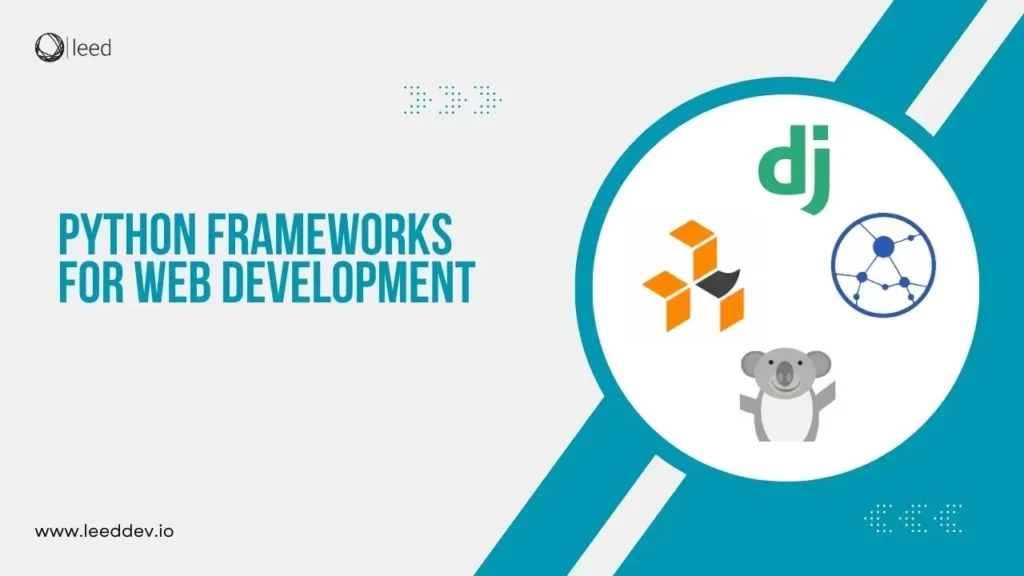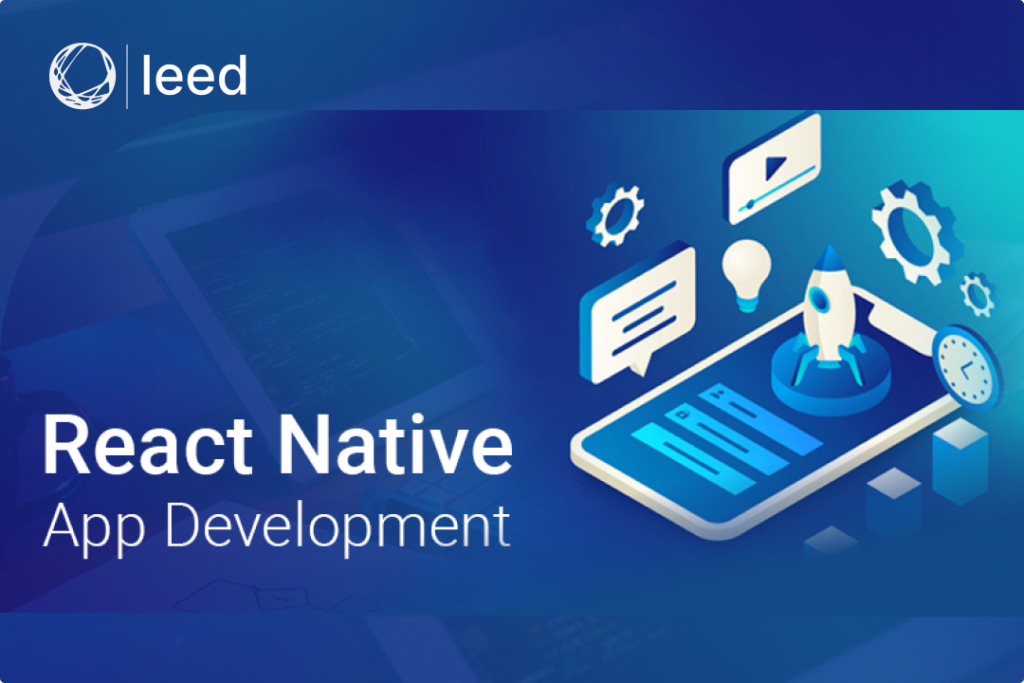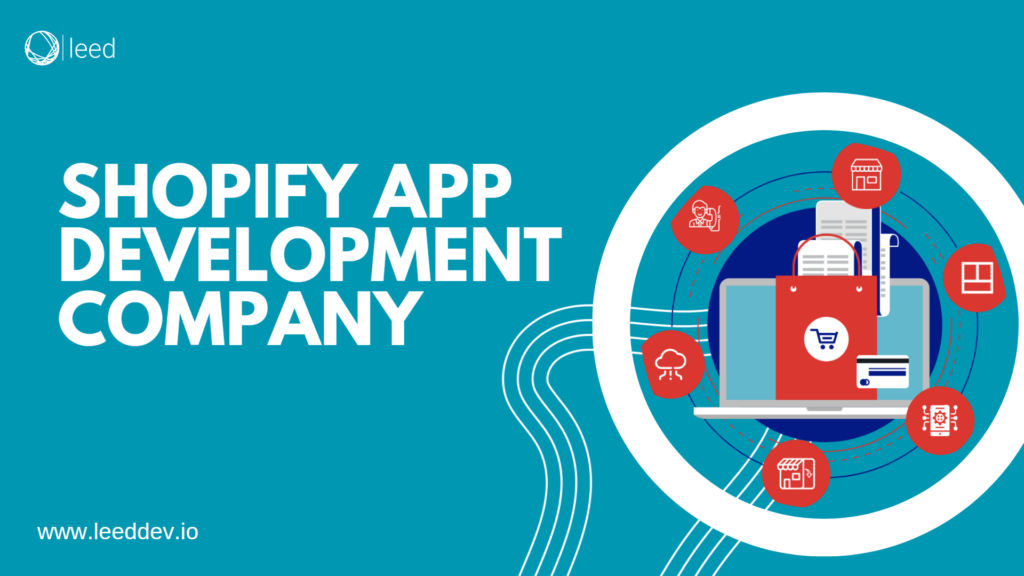Python is a popular programming language, and for good reasons it’s simple, versatile, and has a thriving community. When it comes to web development, Python frameworks make the process faster and more efficient by providing pre-built components for common tasks like database handling, routing, and templating.
What Are Python Frameworks?
Python frameworks are tools that help developers streamline web development. Instead of writing code from scratch, frameworks offer reusable code and components, saving time and effort.
Types of Python Frameworks
Here are the major types of Python frameworks are discussed below:
1. Full-Stack Frameworks
Full-stack frameworks provide all the tools needed for both front-end and back-end development. They include features like ORM (Object Relational Mapping), form validation, and template engines.
Examples: Django, TurboGears.
2. Microframeworks
These lightweight frameworks offer essential tools without added complexity. They are great for small projects or APIs, where flexibility and simplicity are key.
Examples: Flask, Bottle.
3. Asynchronous Frameworks
Asynchronous frameworks are optimized for high-concurrency applications. They handle multiple tasks simultaneously, making them ideal for real-time systems.
Examples: AIOHTTP, Sanic.
10 Different Python Frameworks
There are different kinds of Python frameworks, here are some of the most important ones discussed below:
1- Django
Django is a Python framework for web development which allows rapid and secure development of websites. It is an open source Python framework for backend development, which is simple and reliable. Django has an admin panel, which is easier to work with than Laravel. It also provides a CRUD interface that describes basic database commands.
Features:
Some of the main features of Django are as follows:
- Has a simple syntax with its web server.
- Follows the Model ViewController (MVC) core architecture.
- Consists of HTTP libraries, Middleware support, and a Python unit test framework.
- Django is a (Object Relational Mapper (ORM)
- Allows the developers to use pre-existing codes so they don’t have to write from scratch
- Django has the best security system, so developers don’t have to worry about common issues.
Limitations:
- Steep learning curve for beginners due to its extensive features.
- Overhead for small projects as it’s designed for large, complex applications.
- Limited flexibility when compared to lightweight frameworks like Flask.
- Built-in ORM makes raw SQL queries or using other ORMs challenging.
2- AIOHTTP
Another Python framework for web development is AIOHTTP, which relies on Python 3.5+ features. It’s an HTTP client/server for asyncio, which allows to write for asynchronous clients and servers. AIOHTTP is used as a foundation for multiple Python asynchronous frameworks.
The framework provides high level performance networks and database connection libraries. AIOHTTP provides a request object and a router for redirecting queries to functions.
Features:
Some of the main features of AIOHTTP, a Python framework for web development, are as follows:
- Developers can effectively build the views and also offer middleware support.
- Features signals as well as Pluggable routing.
- Supports both Server WebSockets along with Client WebSockets without Callback Hell.
- AIOHTTP is an asynchronous framework that uses Python’s asyncio library.
Limitations:
- Does not include advanced features like database integration or form handling.
- Debugging can be complex due to reliance on Python’s asyncio.
- Smaller community and limited documentation compared to Django or Flask.
3- TurboGears
TurboGears is a Python framework for web development that creates database driven and ready to extend apps. The TurboGears is a full stack web application framework for Python that can simplify AJAX app development with its widget system.
Along with this, TurboGears also features intelligible templating. Using different components like Genshi, WebOb, etc, TurboGears can quickly develop apps requiring database connectivity.
Features:
Key features of TurboGears are as follows:
- Features MVC web framework with ORM and also supports horizontal data partitioning.
- All of the features are implemented as function decorators
- Provides multi-database support as well
- Widget system for simplifying AJAX app development.
- Pylons are used as a web server
- Has accessible command line tools
Limitations:
- A larger codebase increases the complexity for smaller applications.
- Smaller ecosystem compared to popular frameworks like Django.
- Full-stack nature can make it slower for some tasks.
4- CubicWeb
CubicWeb is a full stack framework that Logilab developed. The full stack Python framework works differently as compared to other frameworks. It’s a free and open source framework in which the application is organized in cubes.
These multiple cubes are joined together to create an instance with the help of some databases, configuration files, or web servers. The role of the cube is to define how the data will be structured, viewed, and controlled. The framework also features reusable components and a query language.
Features:
CubicWeb has multiple features, some of which are as follows:
- Features a selection+view mechanism.
- Provides Web Ontology Language (OWL) and Resource Description Framework support (RDF).
- Follows object oriented design principles.
- Includes a library of reusable components so developers don’t have to start from scratch.
- Can simplify data related queries with the help of Relational Query Language embedding
- Provides support for multiple databases.
Limitations:
- Unique “cube” architecture has a steep learning curve.
- Smaller community and limited third-party plugins.
- Best suited for semantic web applications, making it less flexible for general projects.
5- CherryPy
Another Python framework for web development is CherryPy, which debuted in June 2002. CherryPy is an object-oriented Python framework which follows a minimalistic approach. This is one of the oldest frameworks, so many of the Python developers are familiar with it.
The object-oriented HTTP framework supports web servers like IIS, Apache, etc. Using the CherryPy Python framework, users can launch multiple HTTP servers simultaneously.
Features:
The major features of one of the most popular Python frameworks for web development, CherryPy, are as follows:
- CherryPy features its own multi-threaded web server
- No Apache server is required for running apps that are built using CherryPy
- Multiple tools are present for encoding, static content, and much more.
- Also provides a builtin plugin system
- Multiple HTTP servers can be run simultaneously
- Features a powerful system for configuration
Limitations:
- Minimalistic design requires additional libraries for advanced features.
- Does not include native support for databases or form handling.
- Updates and community support are not as active as newer frameworks.
6- Falcon
Falcon is a microframework python framework for web development that allows web APIs to rapidly build. The framework is used for small applications, high level frameworks, and application backends. Falcon is one of the fastest frameworks that Hurricane Electric, OpenStack, Wargaming, and others use.
Other frameworks require a lot of dependencies for building HTTP APIs. With the help of Falcon, it’s easy for the developers to build cleaner designs, allowing HTTP and REST architectures.
Features:
The major features of Falcon are as follows:
- Falcon aims for 100% code coverage.
- Unit testing with WSGI helpers and mocks
- Extra speed because of Cython support
- Provides DRY request processing with the help of middleware components and hooks.
- Highly optimized as well as extensible codebase
Limitations:
- Focused on API development, so it’s not suitable for full-stack applications.
- Requires more boilerplate code compared to Flask.
- Limited built-in tools for database or template management.
7- Bottle
The best Python framework for web development is Bottle, which allows to create a single source file for the apps built using Bottle. It’s a simple and fast micro-framework which can be used to build small applications. With Bottle framework request dispatching routes with URL-parameter support, and a built-in HTTP server is possible.
The framework also features adapters for third party servers and template engines. With the Bottle Python framework, developers can work closely with the hardware. For building small web applications. The framework does not require any dependencies except Python Standard Library.
Features:
The main features of the Bottle framework are as follows:
- Features adapter support for WSGI/HTTP server and template engine.
- Dynamic URL routes for mapping with the help of simplified syntax.
- Provides a built in template engine and HTTP server
- Simple access from cookies, file uploads, and other HTTP metadata
- Speed optimization for high performance
Limitations:
- Minimalistic features mean additional dependencies are needed for complex apps.
- Lacks scalability for larger projects.
- Limited support for modern tools like authentication or ORM systems.
8- Flask
Flask is another Python web development framework inspired by the Sinatra ruby framework. The microframework flask is available under the BSD license. The framework provides a built in development server and unit testing support. Flask python framework relies on the Werkzeug WSGI toolbox and Jinja2 template.
The framework is adaptable because of its modular design. With the help of the Flask framework, developers can easily create a solid foundation for web applications. The Flask framework is best for building small and simple apps.
Features:
The main features of the flask framework are as follows:
- Flask is compatible with Google App Engine.
- Unicode enabled with RESTful request dispatching and WSGI compliance.
- Using SQLAlchemy, developers can operate the database the way they want.
- Supports secure cookies for establishing client side sessions
- Has a built in fast debugger
Limitations:
- Developers need to configure features like database handling using extensions.
- Risk of inconsistent codebases due to flexibility.
- Not as scalable out of the box for large-scale applications.
9- Giotto
Giotto is another full stack Python framework for web development that is based on the Model View Controller (MVC) pattern. The framework allows developers, designers, and sysadmins to work independently. The framework separates the Model, View, and Controller elements in an order.
With the help of the Giotto framework, users can create applications on Internet Relay Chat), the top of the web, and the command line.
Features:
The main features of the popular framework Giotto are as follows:
- Features functional Create, Read, Update, and Delete (CRUD) operations
- Giotto also provides automatic URL routing
- Multiple pluggable controllers are present
- Database persistence with the help of SQLAlchemy
- Provides generic models and views
Limitations:
- Less popular, so it has fewer resources and a smaller community.
- Limited integrations compared to mainstream frameworks like Django or Flask.
- MVC pattern may add complexity for simpler projects.
10- Hug
Hug is a Microframework python framework for web development. It simplifies the API development process with the help of multiple interfaces. Developers can build the API once and then can use it anywhere. In Python 3, the Hug framework is the fastest web framework.
Whether it’s local development or on HTTP, the framework allows to easily complete the development of applications. The framework supports API versions as well as API documentation.
Features:
The main features of the Hug Python framework are as follows:
- It consumes the resources only when required, and Cython is used for compilation.
- Supports annotation-powered validation
- Developers build API once and then use it anywhere they want
- It stands for Hopefully Useful Guide and allows developers to create well-written and intuitive APIs.
- Contains little code and integrations, which provides greater performance
Limitations:
- Best for API development; but not ideal for full-stack applications.
- A smaller community means fewer resources and plugins.
- Requires learning advanced concepts like annotations, which may not be beginner-friendly.
When choosing a Python framework, consider the scope and requirements of your project.
- For large-scale applications, Django or TurboGears might be ideal.
- For smaller or API-focused apps, go for Flask, Bottle, or Hug.
- If you need asynchronous support, AIOHTTP is a great choice.
Optimize your selection based on scalability, ease of use, and the community support each framework provides!
Why Choose Leed for Python Web Development?
At Leed Software Development, we use the power of Python frameworks to create custom web solutions that fit your business perfectly.
Here’s Why Choose Leed Software Development.
- Expertise in Python Frameworks: Whether it’s Django’s reliability, Flask’s simplicity, or AIOHTTP’s speed, we choose the best framework for your project’s needs.
- End-to-End Services: From planning to deployment, we manage every step of the development process, giving you a hassle-free experience.
- Innovative Solutions: Our team uses the latest tools and best practices to build secure, high-performance web applications.
- Ongoing Support: After your project is live, we offer support and maintenance to keep your application running smoothly and up-to-date.
Let us turn your ideas into reality. Visit our website to see how Leed Software Development can help your business grow.
FAQs
Which framework is best for web development using Python?
The best framework depends on your project needs. Django is ideal for large, full-stack applications, while Flask is better for lightweight and flexible projects.
Is Python fast enough for web development?
Yes, Python is fast and efficient for web development, especially when combined with frameworks like Django or Flask, which optimize performance.
Is Django better than Flask?
Django is better for complex, large-scale projects due to its built-in features and scalability. Flask is better for smaller, flexible applications requiring customization.
What is the fastest Python backend?
FastAPI is one of the fastest Python backend frameworks, optimized for speed and performance, particularly for APIs.
Does Amazon use Django?
Amazon uses Python but not Django specifically. They leverage various technologies depending on the project requirements, with Flask and other frameworks being more common in their tech stack.




